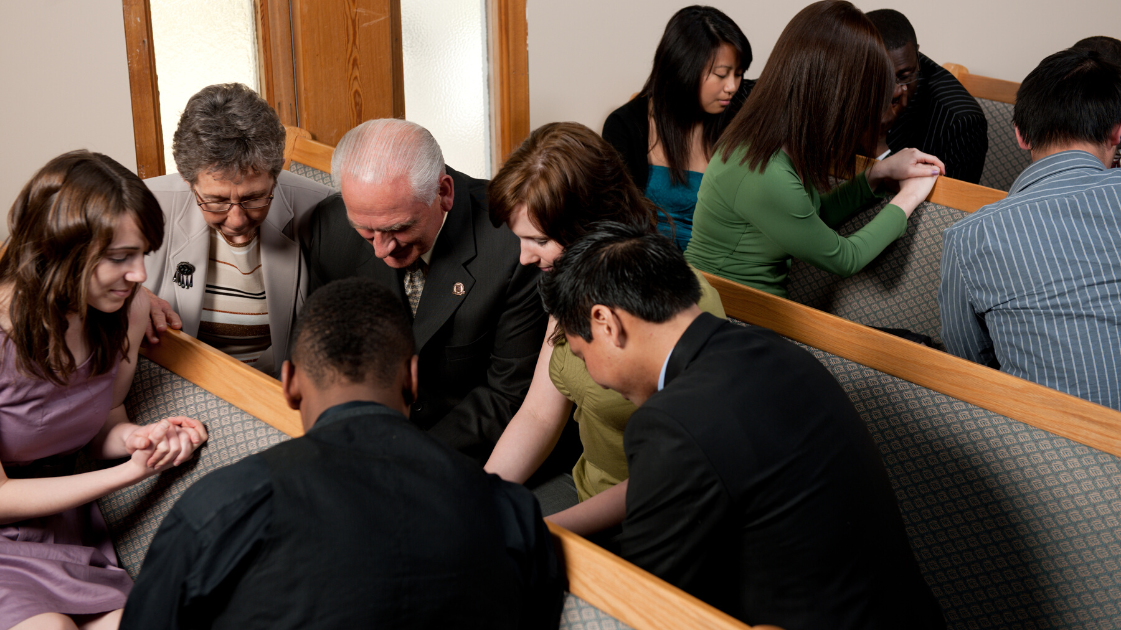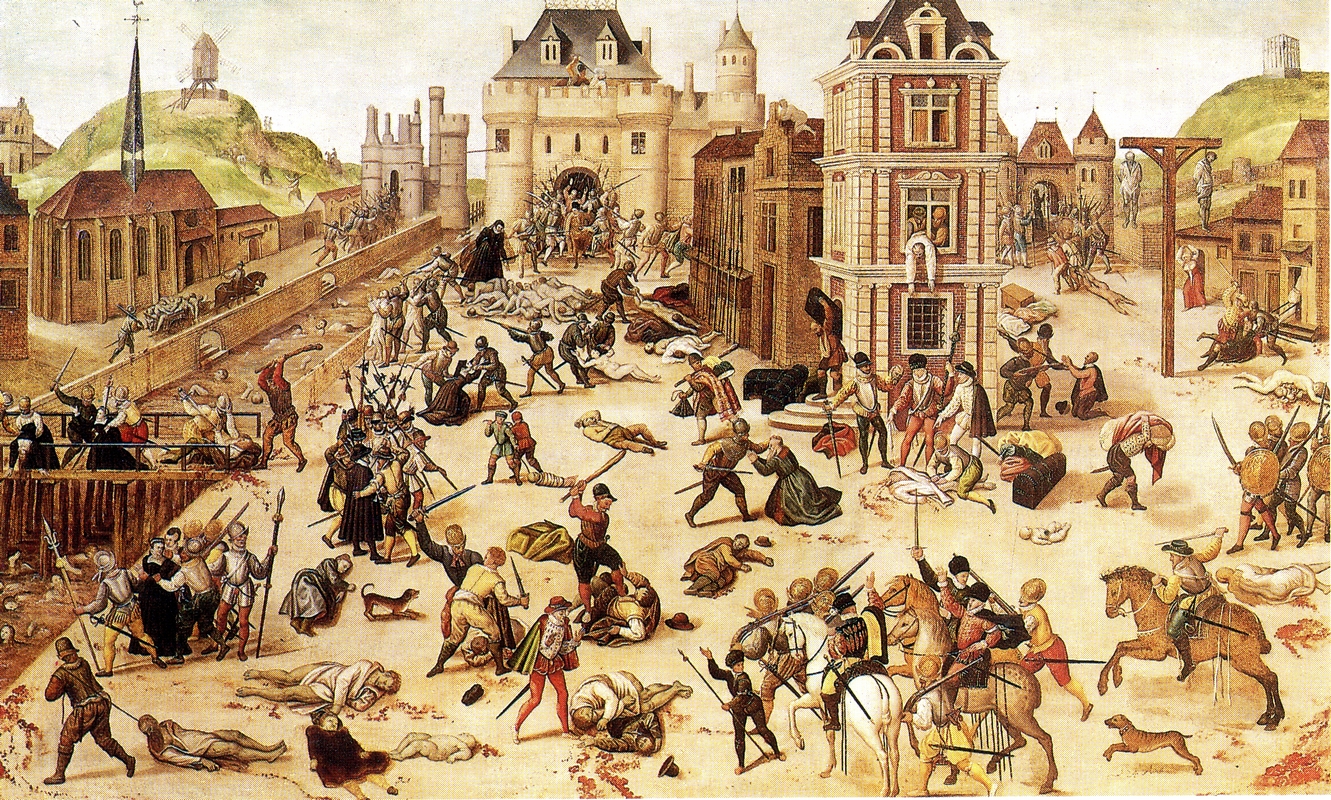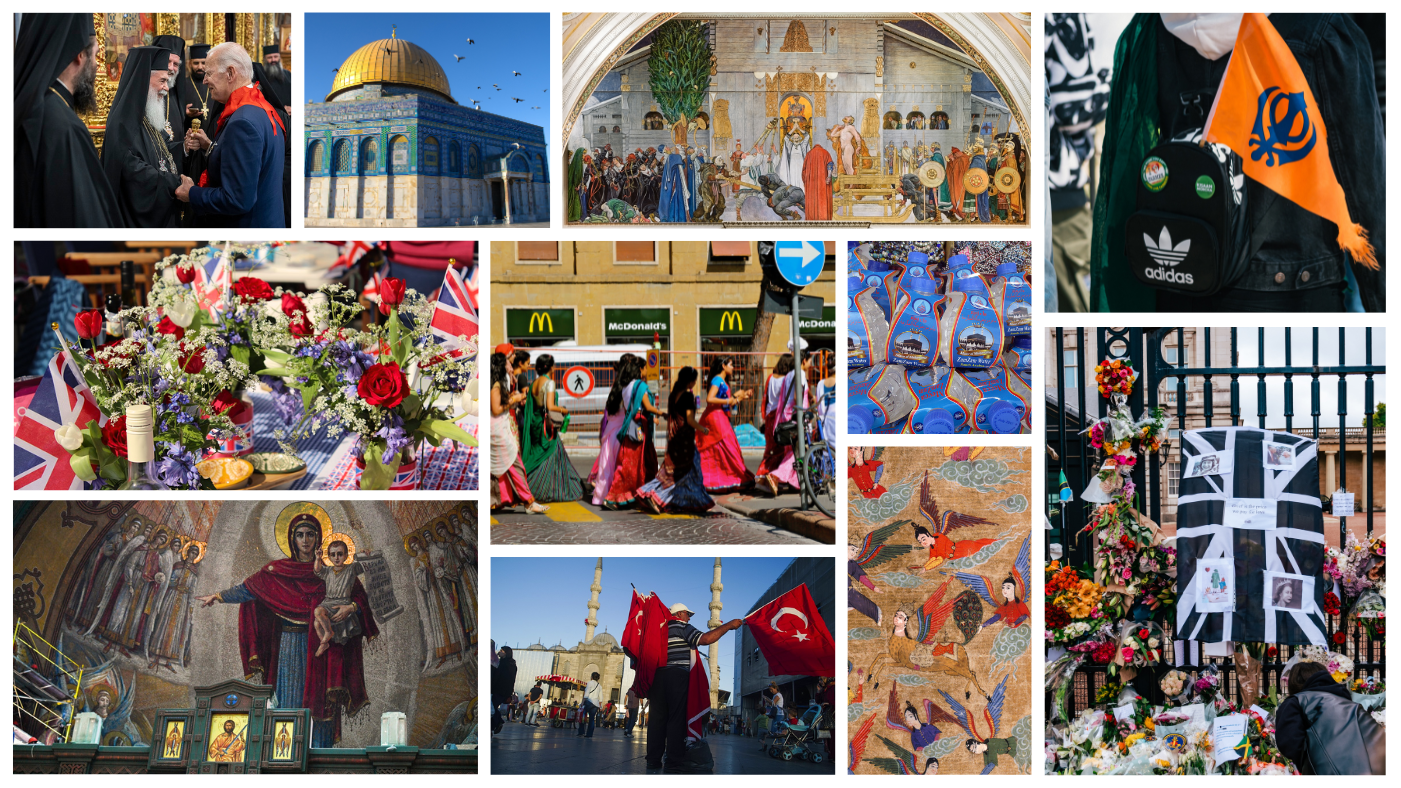It feels like every year we have more reasons than ever to bring religion into the social sciences. I’ve now been editing LSE RGS for the whole of this Gregorian, Julian, and lunar year, and I’ve enjoyed every second. At the end of each year we look back on the different trends and discourses that brought people to read and write for our blog. Here’s a round-up of our top twelve most read and shared blogs in 2023 and some of the trends I’ve seen.
LSE Religion and Global Society ˗ˏˋ Wrapped ˎˊ˗
In 2023, we published 45 articles on the gloriously interdisciplinary remit of “religion and global society”. In total, academics, researchers, policy-makers, and professionals wrote us 53,342 words.
You read 3,143 words about the devil
In an editorially unintentional twist, the antichrist was a key theme for several of our most read blogs. At #12 was Maureen Perrie’s article unpacking the language of the “antichrist” and the “katechon” wielded against Ukraine by Patriarch Kirill of Moscow.
“Kirill called on the Church to play an active part in “the struggle of our Fatherland against global evil” and against “this movement of the Antichrist, which is capable of destroying both the entire world and Russia.” All the forces of the Antichrist, he claimed, would be directed against Russia, because the Russia of today was the “restraining force” (uderzhivuaiushchii) that was mentioned in Scripture in relation to the appearance of the Antichrist in the world.”
Similarly and more recently, the #11th most shared was by Kaleem Hussain who connects the eschatological figure of Dajjal with generative AI and other forms of deception online.
On the other hand, in the #9th most read blog, Risteard McDonald told us about Germanic Contemporary Paganism and efforts to recruit and radicalise prisoners in the UK. Amidst attempts from different angles to reframe paganism away from “devil worship” or “satanic cult” stereotypes, towards a legitimate, indigenous religion of the British Isles and Northern Europe, a divide has emerged between those who use Paganism for far-right radicalisation and ethno-nationalism, and those who want to protect the religion from what they see as the former’s misuse of history and symbolism.
Current events
Overwhelmingly our readers’ favourite articles this year were those related to religion in current events. Which is good news for us, because it has been quite a year for religion in public life.
Towards the end of last year, the 2021 England and Wales Census results breakdown for religion and belief was released, revealing that, for the first time since the Census began, fewer than half of those who answered the voluntary question on religion had described themselves as Christian. And the data shows an all-round increase in people with ‘no religion’.
Nonetheless, the results coincided with the Queen’s state funeral which brought unprecedented national mourning and a new King committing to protect our nation’s diversity of faiths, and soon after the UK’s first practising Hindu Prime Minister laid Diwali candles at the steps of Number 10.
The #5th top article this year was a very timely comment piece in which Tariq Modood and Thomas Sealy asked “What’s the good of public religion?”, looking at the future of religion in the public sphere in Britain.
“We have reason to question the calls for removal of religious institutions based on the census figures. What we might call for instead is greater recognition of Britain as a ‘community of communities’.”
Similarly, in April, the long-awaited Bloom report was released to a mixed reception. The report received particular attention from Sikh communities who felt it misrepresented Sikh nationalism, and Giorgio Shani’s article “Rethinking Religion and Nationalism: The Case of the Sikhs” (although published just before the release of the report) has since become the #4th most read this year, offering insight into the use of the word ‘nationalism’, and what this specifically means for a community left without a ‘nation’.
The other core demographic levelling critique at the Bloom report were religious studies scholars who felt the distinction between “true believers” and “make believers” wasn’t the most helpful – and David G. Robertson’s analysis was our #8th top article. Although the report was a landmark review into faith engagement and strongly encourages the government to recognise faith groups as a force for good, Robertson asks, what does “good” religion actually mean, and what happens to the “bad” ones?
Still, a few weeks later the country shut down for the Coronation (whether you were celebrating or protesting or hiding up North to avoid it all) in what felt like an approval of the Bloom report’s dominant conclusion that religion in the public sphere isn’t going to go away.
Bringing perhaps a well-needed boost for the Church of England’s post-Census spirits, all eyes were on King Charles and his liturgical and ceremonial direction. James Walters, our Director, wrote about the multifaith elements in the Coronation ceremony and whether this was the interfaith exemplar the newspapers suggested. Walters’ analysis continues to be one of the most shared this year (#6), and not just because he delightfully provides us with such terms as “multicultural jamboree” and “spiritual smorgasbord” in the space of one article.
“The leaders of different faiths bookended the service with their processions and their (somewhat drowned out) greetings to the King. But to all intents and purposes, this was a Christian service at which other religions were, for the most part, visible and welcome spectators.”
And thus we entered another summer of eternal questions on the relationship between religion and the state (because we love light-hearted summer reads here).
In June, Turkish President Recep Tayyip Erdoğan’s re-election campaign combined politics and prayer in unprecedented ways. In the #7th top article this year, Sultan Tepe explained how and why Erdoğan has begun infusing more religious statements into his political rhetoric.
“To a large extent, Erdoğan’s political appeal rests on his ability to seamlessly combine religious symbols, ideas, and practices with political discourse. On the eve of what was predicted to be a close election, after reciting a passage from the Quran (Surah Bakara), “This unity must be permanent,” Erdoğan told the congregation, “The entire Muslim world is in support of our unity. Enemy groups are following the opposition. I pray that God forbids it. Let’s continue to stay as a united group. I pray that God will provide us with the desired outcome”.”
And another popular bit of news came with Rishi Sunak’s debatable diplomacy regarding the return of the Parthenon Marbles from the British Museum to Greece. In a move which people suspect led the King to wear a Greek flag tie, the debate continues over the fate of the Marbles. One of our writers brought a new angle, do the Parthenon Marbles truly belong to the Greek Orthodox-affiliated authorities negotiating for their return? In the 10th most read blog, Efstathios Kessareas highlights the views of the Ethnic Hellenes who follow ancient Greek polytheism, and make their own claim to the Marbles.
Top genres
Not to be all “religion only causes wars”, but as in previous years, the religious elements of global conflict have interested our writers and readers.
In October this year, Hamas attacked Israel, and as I’m writing this in December Israel has continued its bombing and ground invasion of Gaza and intensified operations in the West Bank. Although this wasn’t the start of the conflict, recent events have re-drawn the whole world into wildly different sympathies and opinions, and it has brought new attention to the place of interreligious relations in the region and beyond. As a Religion and Global Society blog, our writers have often turned to Israel and Palestine – we have this tag which collates relevant past and present research from our writers, and I expect the subject will continue to be avidly read and written about in the coming months, much like Ukraine was when Russia launched its full-scale attack in 2022.
Still, the #3rd most popular article this year was an update by Lucian N. Leustean on the religious aspects of Russia’s war against Ukraine. It is not looking like Russia’s warmongering will end soon (ever) and the Russian Orthodox Church and the Russian military have continued to become structurally and spiritually intertwined, and this continues to demand our attention as people are killed and displaced every day.
With this in mind, #2 was Sandra Iman Pertek’s research on gender, forced displacement, and the importance of integrating religion into humanitarian responses to violence against women. Presenting her research on displaced women, she found that the secular world of INGOs hasn’t left much space for supporting their religious needs, and makes some recommendations for the field.
“Communal religious resources (e.g. religious organisations) were less available as displaced women were often isolated from host communities. Women used a range of cognitive, behavioural, and spiritual religious coping tactics which helped them make sense of their experiences, keep calm, find strength and patience, and heal through their divine connection.”
In a more uplifting trend, the #1 most read article this year was “Islam, Women, and Sport: The Case of Visible Muslim Women” by Haifaa Jawad. Although published last year, it attracted new readers this summer due to the Women’s World Cup, where women from different faiths took to the field, and Nouhaila Benzina made history by becoming the first player to wear a hijab on the World Cup field. In Jawad’s piece she takes a detailed look at the current motivations and challenges for Muslim women in sport and physical education, a topic soaring in interest along with women’s football.
Next year and the ghost of climate past, present, future
Throughout 2023, we have been living through increasingly urgent impacts of the climate crisis with flooding, landslides, wildfires, and another record-breaking year for global temperatures on land and sea. This summer in Cairo, our team held a workshop with Muslim, Coptic, and Anglican leaders, to discuss how best to put religious worldviews and the global climate discourse in conversation with each other (in 42°C heat (they did have air conditioning but it’s still a bleak backdrop)).
As we head into the new year, one of our core research strands continues to focus on religion and the environment and we are very aware that religious communities around the world are going to be facing the starkest sides of climate change.
“According to the Pew Research Centre, faith groups are forecast to represent 87% of the world’s population by 2050 and this growth will be concentrated in regions subject to higher adverse impacts of climate change. This intersection will be felt most severely within Muslim communities, who are projected to be the fastest growing group within some of the most precarious and vulnerable territories.”
Back when the LSE Faith Centre first opened in 2014, our opening events included a dialogue between Rowan Williams, former Archbishop of Canterbury and Bruno Latour, eminent philosopher of science and technology, addressing the relationships between religion and the environment.
In 2024, to celebrate the Faith Centre’s tenth anniversary we will be intensifying our focus on this theme, to revisit these subjects ten years on. We have some exciting events coming up where we’ll continue to bring religion into social sciences at LSE. Make sure to follow us and keep up-to-date with everything we have planned next year.
And if you’re working on something related to religion and global society, we’re open for contributions so come and write for us, we’d love to hear from you.





